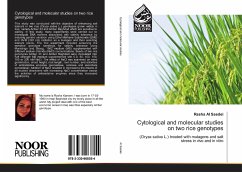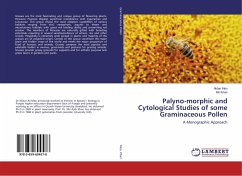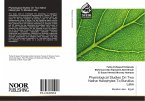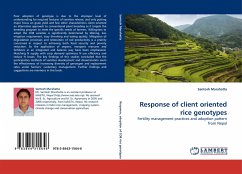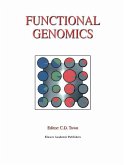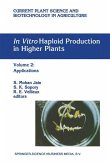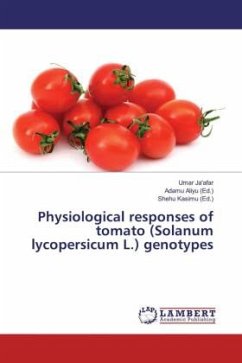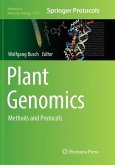This study was conducted with the objective of enhancing salt tolerant in two rice (Oryza sativa L.) genotypes grown widely in Iraq, namely Amber 33 and Amber Baghdad which are sensitive to salinity. In this study, many experiments were carried out to investigate DNA markers associated with salinity tolerance by inducing genetic variation using Ethyl Methane Sulphonate (EMS) and UV-B (320 nm) radiation as a mutagen and then selecting tolerant plants. The first experiment included screening the sensitive genotype seedlings for salinity tolerance using Murashige and Skoog, 1962 medium (MS) supplemented with different sodium chloride (NaCl) concentrations. Seeds of two rice genotypes Amber 33 and Amber Baghdad were inoculated into half strength MS medium supplemented with 0.0, 50, 100, 150, 180 or 200 mM NaCl. The effect of NaCl was examined on seed germination, shoot height, root length, root number, and activities of antioxidative enzymes (peroxidase, catalase and ascorbate peroxidase). Addition of NaCl resulted in decreasing the means of all studied characters with increasing NaCl concentration except the activities of antioxidative enzymes since they increased significantly.

